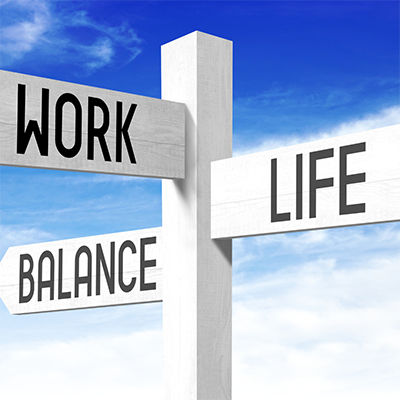There are many considerations for employers when adopting a more flexible approach to your working environment. As an employer, you do have an obligation to look after your employee’s health, wellbeing and safety at all times while in work, including when staff work remotely – this includes when they work from their home too.
Each and everyone of us want to go to work and feel safe, happy, and supported. In fact, I’d go as far as to say we all set the expectations pretty high when it comes to our health and safety (H&S) at work in the UK. You only have to go on holiday to some countries to see electricity wires dangling everywhere, people riding on motorcycles and mopeds without helmets and so on, to know that UK H&S laws are pretty tight in general.
In the UK, industries have generally worked extremely hard to ensure that workplaces are the safest they can be and have robust safety measure in place, regular assessments specifically for their industries and they comply to the law. There can be some pretty hefty fines and consequences for those that don’t.
Now, when it comes to ensuring the same in a remote working capacity, this isn’t new. Many clients I work with often have remote workers, especially in senior roles for example or in a sales capacity. I worked remotely when I was employed too, travelling across sites and to offsite meetings etc. Once again, many UK businesses have this covered with risk assessments, driver assessments, home working risk assessments, training and advice in place already. Many have had to get a lot more savvy with all this type of stuff since the start of the pandemic too.
In a Hybrid world, it’s about bringing this together: it’s the communication between manager and employee, the regular check-ups, making sure any relevant risk assessments and paperwork are up to date and are in place, acting on any changes in circumstances. Now, let’s not just look at this from an employer’s perspective, as employees who are working remotely have a responsibility too.
Yes, it’s fundamental to have all the policies, procedures and risk assessments in place and acted upon. What is also important is the relationships around those, it’s about creating a culture where employees feel they can speak up about changes in their circumstances that arise, without fear of repercussions on their role or location. Employees do have an obligation to keep their employer informed to any changes to their circumstances and to realise, if they are working from home, their Manager/employer may not know a lot of what is going on for that person, unless the person highlights it.
Whilst so much work has been done to irradicate the mistrust in remote workers, with many businesses now stepping away from hours worked to outputs and performance related objectives (which I totally agree with, where businesses are able to do this), there is still some way to go on this for a lot of businesses.
Being open, clear, and concise in communications is always a winner for me, it leaves all parties assured of what the expectations are. Clear guidelines, policies and procedures. Signpost any support available to employees and what to do if anything should anything change.
Managing in a Hybrid world for me, comes down to building better relationships, continuous dialogue up and down the chain and challenging how things are currently done. Are there better ways to do things? How can we improve? Are we getting the desired results? – these are some good questions to start with!

